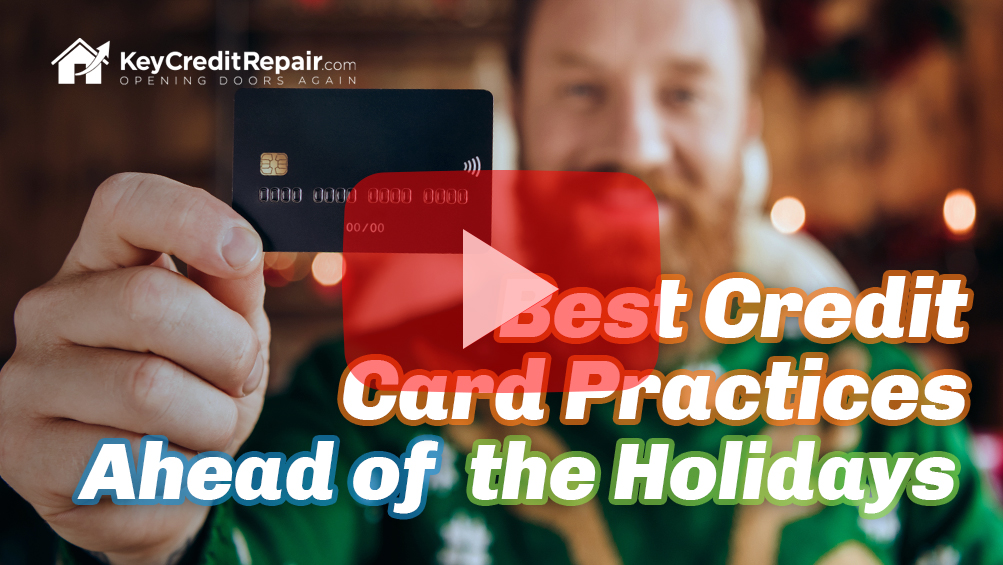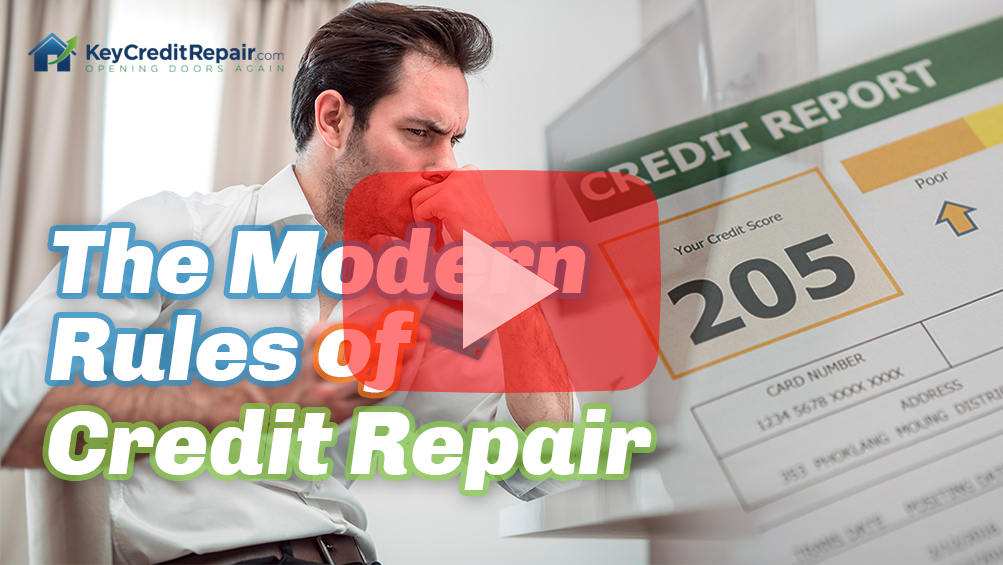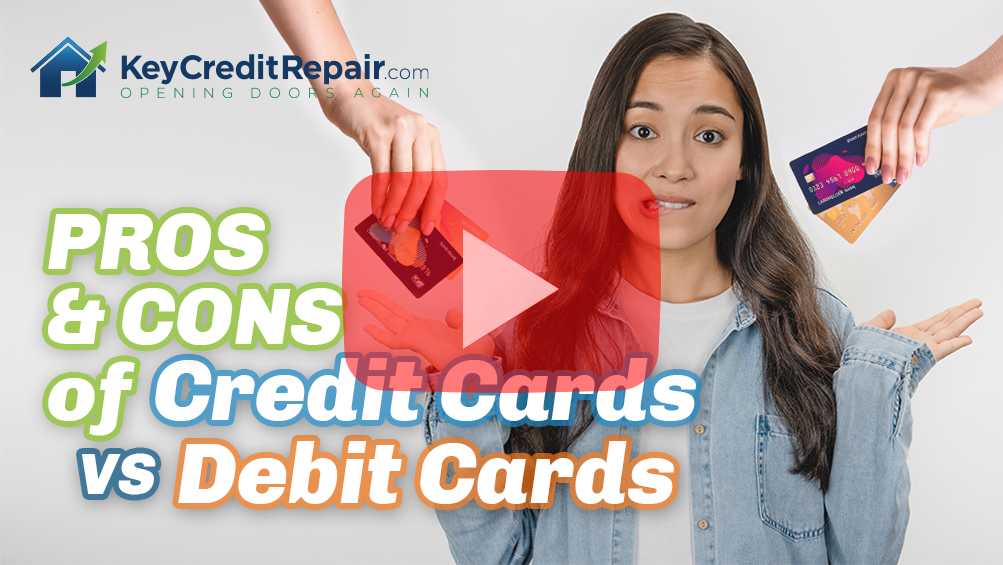How To Make Credit Work For You
Credit is a powerful tool that can either help or hurt your personal finances. When used responsibly, credit can help you achieve financial goals and improve your credit score. However, if misused, credit can lead to debt, high-interest rates, and financial stress. In this article, we will provide some personal finance advice on how to make credit work for you.
Understand Your Credit Score
Your credit score is a numerical representation of your creditworthiness, and it plays a significant role in your ability to obtain credit. A good credit score can help you qualify for lower interest rates and better credit terms, while a poor credit score can make it difficult to obtain credit or result in higher interest rates.
To make credit work for you, you must first understand your credit score. You can obtain a free credit report from each of the three major credit bureaus annually. Reviewing your credit report regularly can help you identify errors and take steps to improve your credit score.
Make Payments on Time
One of the most important factors that determine your credit score is your payment history. Payment history makes up 35% of your credit score, making it the most significant factor in determining your creditworthiness. Therefore, it is essential to make payments on time, every time.
Late payments can remain on your credit report for up to seven years and can significantly impact your credit score. To ensure you make payments on time, set up automatic payments or reminders. This can help you avoid late payments and improve your credit score.
Avoid High Credit Card Balances
Another factor that impacts your credit score is your credit utilization ratio. Credit utilization is the amount of credit you are using compared to your credit limit. High credit card balances can indicate that you are relying too heavily on credit which may be a sign of financial stress.
To make credit work for you, it is important to avoid high credit card balances. Ideally, you should aim to keep your credit utilization ratio below 30%. If you have high balances, consider paying them down as soon as possible. This can help improve your credit score and reduce your overall debt.
Only Apply for Credit When Necessary
When you apply for credit, lenders will perform a hard inquiry on your credit report. Hard inquiries can temporarily lower your credit score and may remain on your credit report for up to two years. Therefore, it is important to only apply for credit when necessary.
Before applying for credit, consider whether you really need it. If you are unsure, it may be helpful to speak with a financial advisor or credit counselor. They can provide personal finance advice and help you determine whether applying for credit is the best option for your financial situation.
Monitor Your Credit Report
Monitoring your credit report regularly is essential to making credit work for you. Reviewing your credit report can help you identify errors, fraudulent activity, and other issues that may impact your credit score. By monitoring your credit report, you can take steps to improve your credit score and protect yourself from identity theft and other forms of fraud.
If you’re struggling with your credit score, don’t hesitate to reach out for professional help. At Key Credit Repair, we specialize in helping individuals improve their credit scores and achieve financial success. Visit our website, keycreditrepair.com, to learn more about our services and how we can assist you in making credit work for you. With our expert guidance and support, you can take control of your credit and achieve your financial goals.










